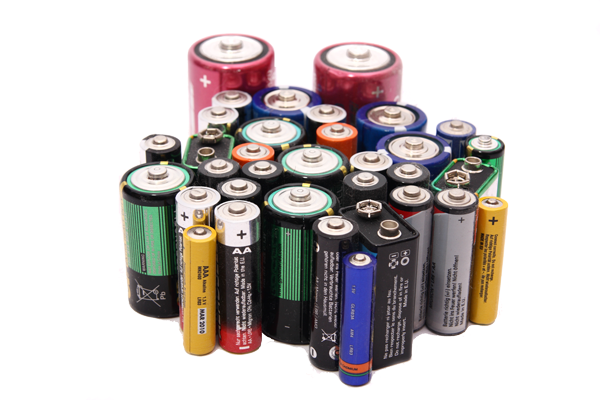The energy transition and the shift towards renewable energy sources further drive this rising demand. High-performance accumulators play a key role, particularly in electromobility and solar or wind energy storage.
To minimize the negative environmental impact of batteries and accumulators, the EU Battery Directive (2006/66/EC) was adopted in 2006. It regulates batteries’ manufacture, use, collection, and disposal and ensures they are handled as environmentally friendly as possible. Essentially, the directive aims to limit the use of hazardous substances in batteries, promote collection and recycling, and ensure that used batteries do not end up in the environment uncontrolled.
Due to technological developments and growing challenges in battery usage, the need for updated regulations has been recognized. The new EU Battery Regulation, introduced in 2023 and set to gradually replace the Battery Directive, takes a more comprehensive approach, addressing current technological and environmental requirements.
Manufacturers, distributors, retailers, or direct shippers of batteries must take into account the often widely varying country-specific take-back obligations internationally.


